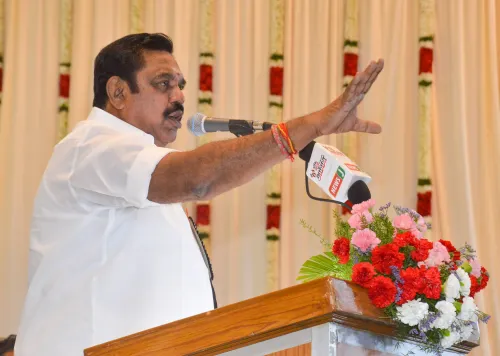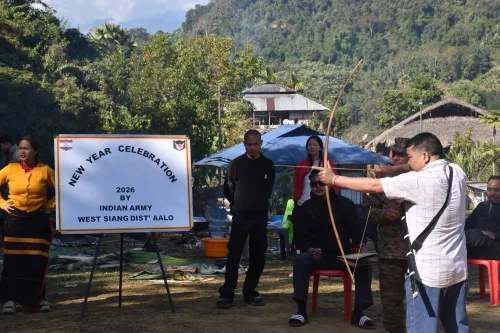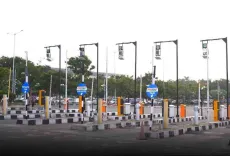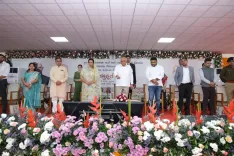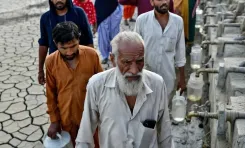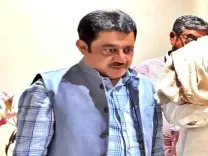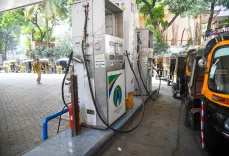What Did the Supreme Court Ask from States Regarding Anti-Conversion Laws?
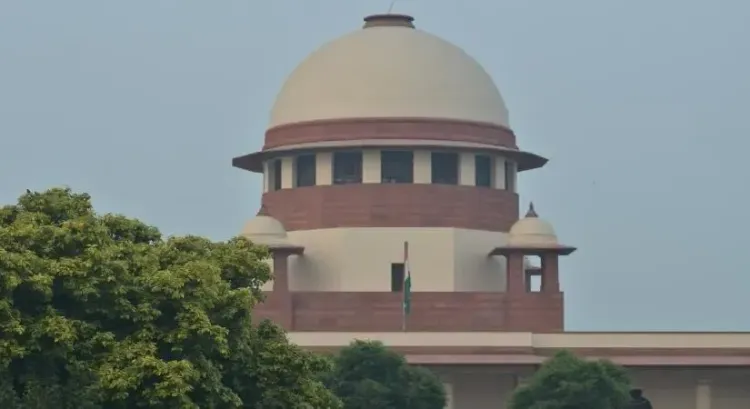
Synopsis
Key Takeaways
- Supreme Court demands responses from states on anti-conversion laws.
- Uttar Pradesh's law amendments increase penalties and complicate bail.
- Third-party complaints may lead to harassment of couples.
- Legal implications for interfaith relationships are significant.
- Next hearing scheduled in six weeks for further examination.
New Delhi, Sep 16 (NationPress) The Supreme Court on Tuesday requested responses from multiple state governments concerning petitions that seek a suspension of their anti-conversion laws.
A bench led by Chief Justice of India (CJI) B.R. Gavai and Justice K. Vinod Chandran mandated that the governments of Uttar Pradesh, Madhya Pradesh, Uttarakhand, Chhattisgarh, Gujarat, Haryana, and others respond within four weeks.
During the proceedings, senior advocate Chander Uday Singh, representing the petitioners, urged the court to address the matter with urgency, citing that several state administrations are intensifying their anti-conversion laws.
Singh highlighted that Uttar Pradesh has revised its legislation to impose harsher penalties for unlawful religious conversions and introduced “twin conditions” akin to those found in the PMLA (Prevention of Money Laundering Act) to make bail more challenging. He noted that this revised law allows third parties to lodge complaints, potentially leading to the harassment of interfaith couples by vigilante groups.
Following the arguments, the CJI Gavai-led bench instructed Additional Solicitor General K.M. Nataraj to submit the state governments' responses regarding the requests for a stay on the amendments to these laws. The court appointed advocates Srishti Agnihotri and Ruchira Goel as nodal counsel for the petitioners and respondents, respectively, to compile the necessary pleadings.
The apex court also separated a plea submitted by advocate Ashwini Upadhyaya that calls for a nationwide law to combat conversion through coercive means and deceit. This issue will be revisited in six weeks.
Previously, the Supreme Court had instructed parties disputing the anti-conversion laws enacted by various states to file a consolidated petition for transferring their cases from the High Courts to the Supreme Court. The governments of Gujarat and Madhya Pradesh have lodged individual petitions challenging the interim orders of their respective High Courts that have stayed specific sections of their conversion laws.


